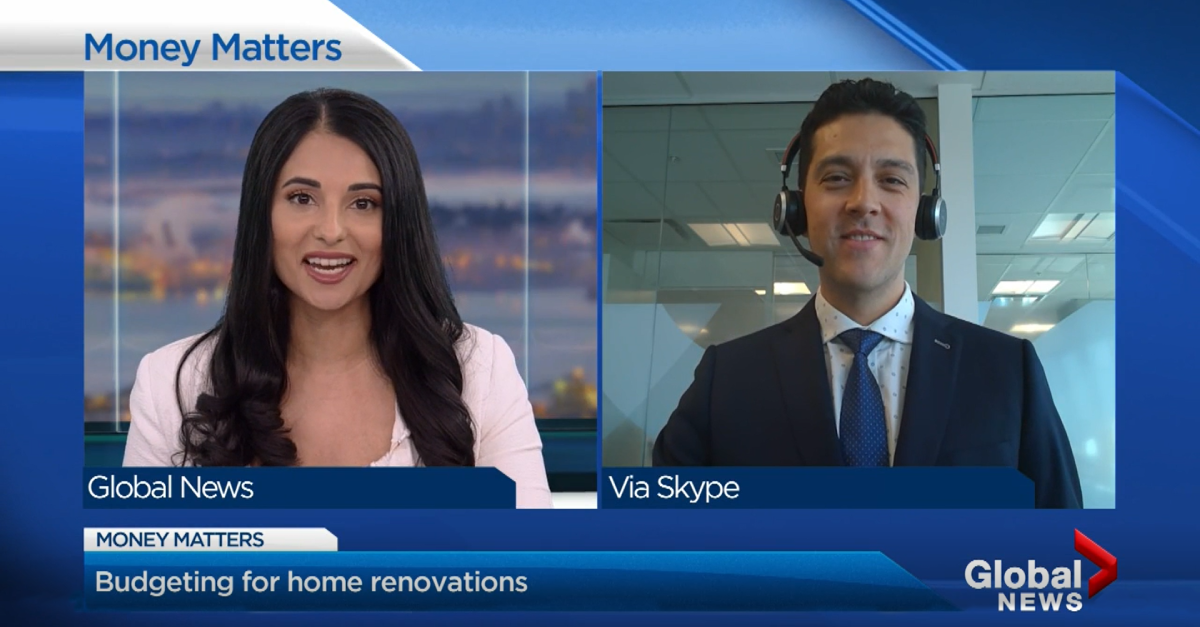A recent study found nearly half of BC homeowners have completed a significant home improvement project during the pandemic. Of course, a reno of any size requires a budget and Tyler Saito form Coast Capital is joining us with more.
When considering a budget, what are your tips for a home renovation?
To start with, I think a lot of people can get carried away with the excitement of that change and the desire to dive right in. However, anyone that has taken on a home reno knows that costs can pile up quickly, and without that proper planning you could be in for some unpleasant surprises. It may take more time at the front end, but it’s so important to build out that project budget to ensure you can afford the project, and it really helps you stay on track. By planning and thinking through the options you can also ensure that you’re making improvements that are a good return on your investment should you sell your home in the future.
Where do you start with a home reno budget?
Absolutely. To start with we always talk to members about choosing wisely in terms of where they want to spend their time and money when it comes to renovations. There are certain improvements that are going to do better in terms of home value than others. That doesn’t mean you shouldn’t take on a project that doesn’t increase your resale value significantly, but you do want to get very clear on your objectives from the very beginning of the project.
How much should you budget for possible problems that you might encounter?
First, you should estimate what you’re going to spend. On average people pay $100 – $200 per square foot on renovations. Now that varies significantly depending on the room, the finishing and the scope of the work. You can go online and find some renovation calculators. Keep in mind when you watch renovation shows where they open up a wall and find something [like mold], you do want to have something like 10-15% extra in your budget to make sure you have plans for contingencies.
We know some timelines can take longer than expected. Is that part of contingency planning? Knowing that you could be in this for the long run?
It depends on what sort of room you’re doing. You’ll want to consider, particularly if you’re doing those rooms like kitchens and bathrooms–what are you going to use in the interim while you’re having that done? And what if it does take you an extra two weeks or months? And how are you going to manage that? Particularly [if your renovation] creeps into the winter months where the weather isn’t so nice that you can’t sit outside and barbeque instead of using your kitchen.



